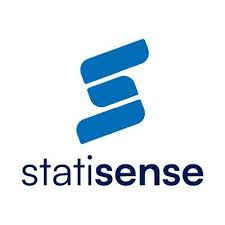In Nigeria, the most recent data on access to drinking water says that over 60 million Nigerians do not have access to drinking water. In 5 states, access to drinking water is less than 50% and no state in the country has 100% access to drinking water.

Abia, Imo, Jigawa, Anambra and Osun states have the highest population of people with access to drinking water. Urban areas have higher percentages of access to drinking water at 72%, while rural areas trail behind at 54%.

The most common sources of drinking water are tube wells, dug wells and boreholes. The sources of water also vary according to seasons, water is mostly gotten from reserves during dry seasons and these reserves are mostly distributed from water trucks, water vendors and surfaces.
The statistics below show the state with the highest and lowest access to water.





